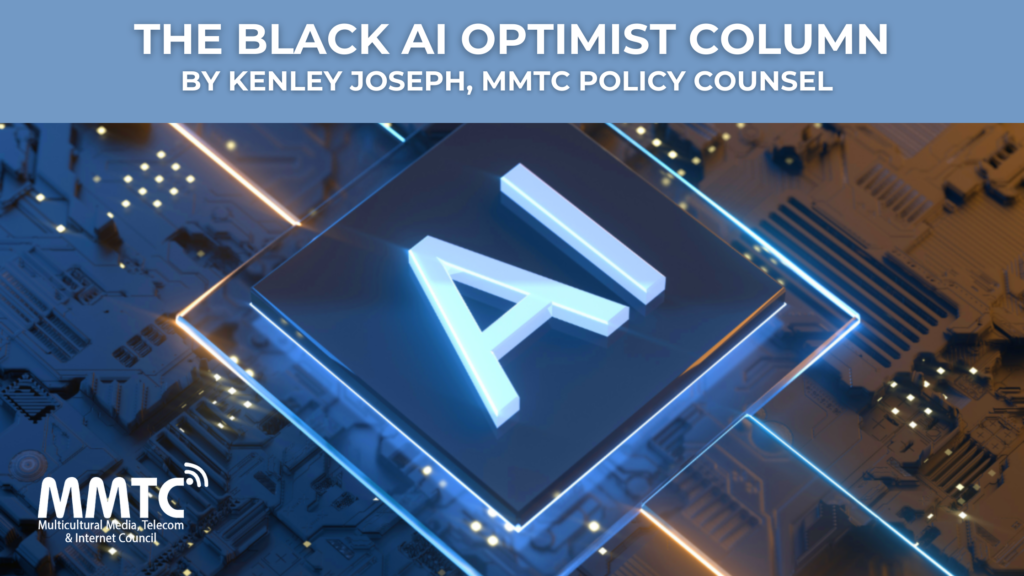
Read the previous columns below.
1) September 2023 Column: Introduction to Artificial Intelligence (AI)
2) December 2023 Column: Workforce Impacts
3) March 2024 Column: Regulating the AI Revolution
4) September 2024 Column: The Role of Civil Rights Groups and Minority Serving Entities
5) March 2025 Column: Practical Tools for Advancing Multicultural Communities
May 2025 Column
An Opportunity in the Trump Administration’s AI Education Executive Order
As the AI revolution continues to reshape American society, President Donald J. Trump has signed an executive order that could significantly impact how multicultural youth engage with this transformative technology. The “Advancing Artificial Intelligence Education for American Youth” executive order, signed on April 23, 2025, establishes a framework aimed at promoting AI literacy and proficiency among Americans, with particular emphasis on K-12 education and workforce development. This administration has presented several challenges for multicultural communities. At the same time, not all opportunities arise from trusted partners and advocates.
What This Means for Multicultural Communities
This executive order presents both challenges and opportunities for multicultural communities. As the Multicultural Meda, Telecom and Internet Council (MMTC) has highlighted in previous columns, AI technologies often reflect the biases present in their training data, potentially reinforcing systemic inequities if not properly developed and implemented. However, the democratization of AI education could also provide unprecedented opportunities for our communities to become technology creators rather than merely consumers.
The establishment of the White House Task Force on Artificial Intelligence Education and the Presidential Artificial Intelligence Challenge signals a commitment to broadening AI education nationwide. But the question remains: Will these initiatives adequately address the needs of multicultural communities who have historically been underrepresented in technological fields?
Key Components We Should Monitor
Several aspects of this executive order deserve our attention:
- Public-Private Partnerships: The order calls for partnerships with “leading AI industry organizations, academic institutions, nonprofit entities, and other organizations with expertise in AI and computer science education.” We must ensure these partnerships include organizations that represent and serve multicultural communities.
- K-12 AI Education Resources: The development of online resources focused on teaching K-12 students foundational AI literacy and critical thinking skills presents an opportunity to integrate diverse perspectives and cultural contexts.
- Teacher Training Programs: The Secretary of Education is directed to prioritize AI in discretionary grant programs for teacher training. Educators in underserved communities should have equal access to these professional development opportunities.
- Registered Apprenticeships: The order directs the Secretary of Labor to increase participation in AI-related Registered Apprenticeships, which could provide alternative pathways into AI careers for those without traditional educational backgrounds.
READ MORE HERE